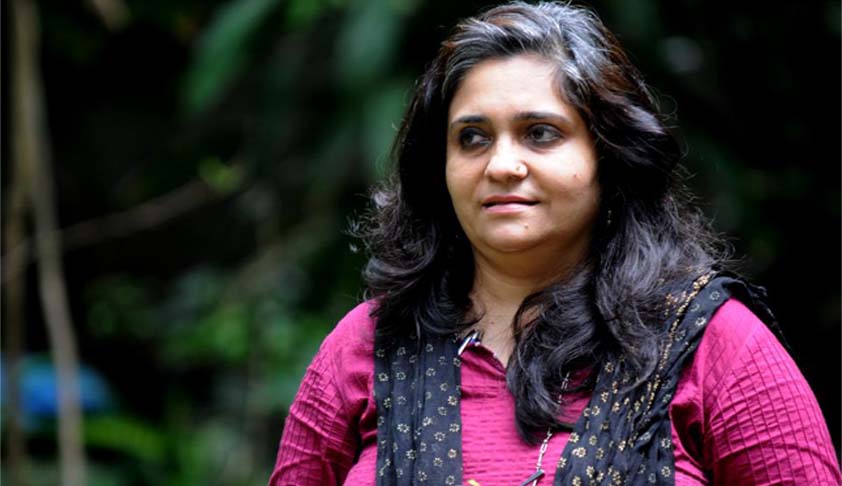Granting relief to social activist Teesta Setalvad and her husband, a Supreme Court Bench comprising of Justice Dipak Misra and Justice A.K. Goel has directed the Gujarat Police to refrain from arresting them in a case which alleged embezzlement of funds for a museum at Ahmedabad's Gulbarg Society which witnessed the most horrific form of killing during Gujrat riots of 2002. The direction...

